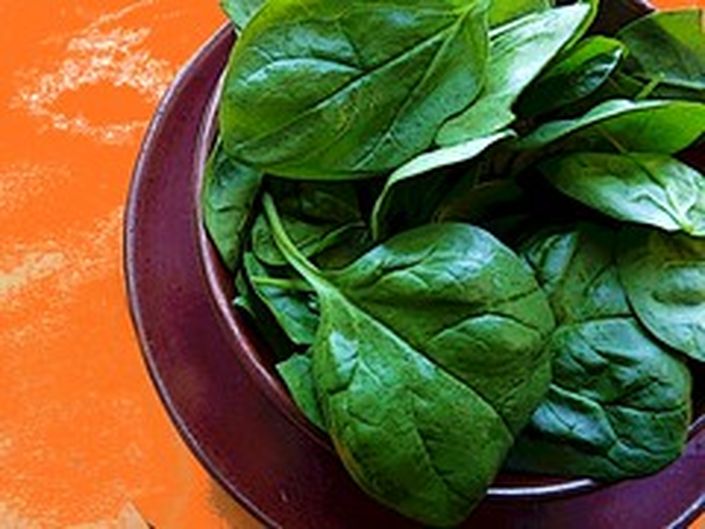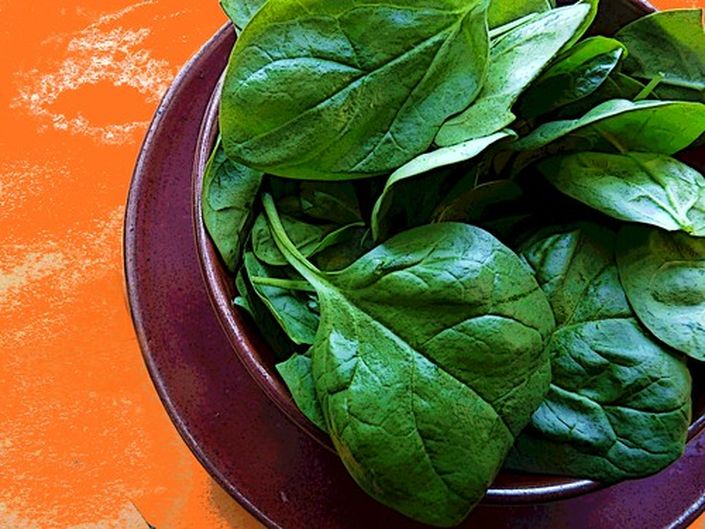
Are you looking for ways to help your clients with Mast Cell Activation Syndrome manage their diet and food intolerance?
You're not alone.
This highly complex condition often comes with severe food intolerance and reactivity.
The hypersensitive immune system can trigger more food intolerance...and food intolerance can trigger the immune system to be more hypersensitive. It's a frustrating loop.
While many with MCAS share a constellation of similar symptoms, each person's treatment recipe is unique.
So while it's important to understand MCAS protocols, it's also important to know what to do when they don't work or they only get you so far.
A few words about the Master Class...
What to expect ...
I come to the table with over 15 years of experience working with MCAS and provide you invaluable insights into this sometimes exasperating condition. My goal is help you build a thought process that will help you to manage even the most complex clients.
This course is comprehensive and can take some time to study, depending on where you are with your professional skill set. I have built a course that is appropriate for all skill levels -- starting with the basics and building into more complex assessment.
Take what you need from the course as a practitioner, whether it's all of the lectures or just some of them. I want to make sure you have everything necessary for you to fully assess and guide your client.
Here's what we'll cover...
- MCAS symptoms, diagnostics and testing
- Stabilization techniques (OTC, RX and supplementation)
- Common MCAS triggers and causes
- SHEDD Assessment strategy to help guide your assessment when working with complex clients
- Histamine metabolism and dysregulation
- How food intolerances can play into the dysregulated immune system
- Full course lectures on sulfur, oxalate and histamine intolerance with additional instruction on FODMAP and salicylate intolerances
- Discussion about low carb diets including Carnivore, Keto, AIP and Paleo
- What to do when your client is only tolerating a few foods and the most common underlying drivers of severe food intolerance
- Elemental nutrition strategies including oral, enteral and parenteral
- How to structure the initial and return office calls
- Case studies to help improve and guide your assessment skills
- Multiple resources including Food Chemical reference lists, symptom/food intolerance cheat sheet and more!
AND!
If you are a nutrition or healthcare professional -- upon completion of the course and quizzes, you will be added to our Find a Practitioner database which directs MCAS clients to your practice!
Example Curriculum
- Diet Introduction (11:17)
- Histamine Intolerance (28:49)
- Histamine and FODMAP intolerance (18:37)
- Sulfur Intolerance (41:26)
- Oxalate Toxicity Part 1 (28:01)
- Oxalate Toxicity Part 2 (51:04)
- Salicylate Intolerance (19:43)
- Paleo, AIP, Keto and Carnivore (22:22)
- Resources: Food Intolerances
- Resources: PDF Low Histamine and FODMAP diet
- Resources: PDF Food Chemical List for Fruits & Vegetables
- Resources: PDF Symptom Cheat Sheet for Chemical Food Intolerances
- Severe Food Intolerance: Part 1 (28:38)
- Severe Food Intolerance Part 2 (30:18)
- Limbic System Retraining (17:36)
- Introducing Foods and Managing Reactions (20:04)
- How to Help with Food Fear: Pre-meal Meditation (5:32)
- Elemental Nutrition: Oral, Enteral and TPN (18:41)
- Resources: Severe Food Intolerance, Limbic System and Elemental
Heidi Turner, MS, RDN, CD
Integrative Registered Dietitian Nutritionist
Heidi is a counselor at her telehealth-based private practice, FoodLogic (foodlogic.org). She has over 18 years of clinical experience and specializes in complex health issues including SIBO, autoimmune conditions, histamine intolerance, Mast Cell Activation Syndrome and food chemical sensitivities.
She spent 12 years at The Seattle Arthritis Clinic at Northwest Hospital-University of Washington where she counseled thousands of rheumatology patients on ways to reduce inflammation through dietary change and manipulation of the microbiome. She is the co-creator of the “Low Histamine Biphasic Diet” with Dr. Nirala Jacobi, sits on the medical advisory board for the Ruscio Institute and is a faculty member for the Integrative Functional Nutrition Academy. She has guested on multiple podcasts and professional conferences discussing histamine and chemical food intolerances.
Heidi earned her Master’s degree from Bastyr University in Kenmore, Washington and completed her dietetic internship at Virginia Mason Medical Center in Seattle. She lives happily in the Puget Sound area of Washington State with her husband, son and mildly devoted cats.






